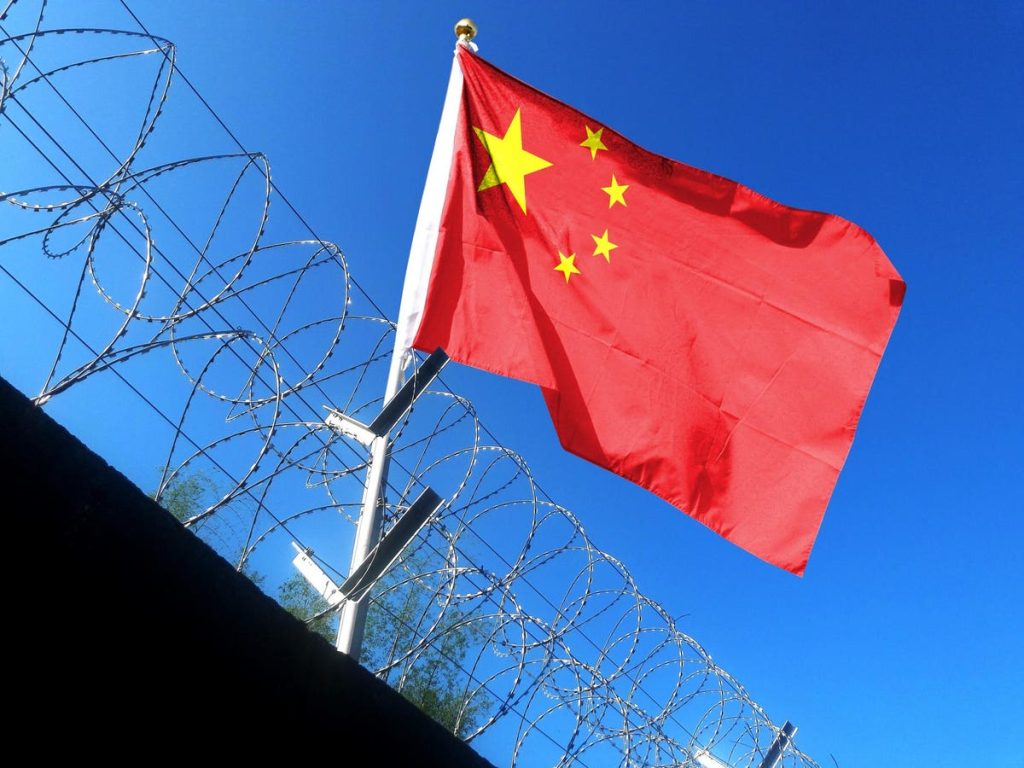A former employee of TikTok’s parent company, ByteDance, has made shocking allegations that Chinese national police detained his father and took him to a remote secret facility to intimidate him after the former employee spoke to Western press about ByteDance’s censorship of content on TikTok. These allegations were revealed in a redacted federal court filing in the case of another alleged TikTok whistleblower, Yintao Yu. The former employee, who worked at TikTok’s Beijing headquarters in 2019 and 2020, claimed that one of his main functions was to censor content on TikTok. After speaking to Agence France-Presse in 2022 about ByteDance’s censorship, he alleges that Chinese police demanded that he keep quiet and retract the statements he made in the interview.
The former employee stated under penalty of perjury that his father was ordered by Chinese national police to contact the BBC and retract the article, which he did out of coercion and fear. The police also allegedly harassed his family on other occasions, demanding that he delete social media posts on Twitter. While the former employee did not claim that ByteDance was involved, the company has denied any involvement in the alleged events. The allegations point to a potential Chinese government interest in stifling discussions about censorship on TikTok. This comes at a critical time for TikTok and ByteDance, as a law that requires ByteDance to sell TikTok or face a ban in the US, and concerns about Chinese government influence on the app, remain front and center.
TikTok and ByteDance have challenged the law on the grounds that it violates their First Amendment rights. The law is currently under review by a three-judge panel on the DC Circuit, with a ruling expected before the end of the year. The Department of Justice opened an investigation into ByteDance last year following reports that the company used TikTok to surveil journalists. The company also faced criticism for monitoring sensitive words and making user data accessible to staff in China. ByteDance confirmed some of these allegations but denied others, highlighting the complex relationship between the company, the Chinese government, and user privacy.
The former employee’s allegations were filed in support of a motion for reconsideration in Yintao Yu’s case, who claimed that ByteDance used TikTok to promote anti-Japanese rhetoric and condemn protests in Hong Kong. ByteDance has vigorously argued against Yu’s claims, calling him biased and non-credible. However, they have not directly refuted the former employee’s account, instead focusing on Yu’s credibility in court. ByteDance’s denial of involvement only on behalf of its US subsidiary raises questions about their broader global operations and potential complicity in the alleged events in China.
The case highlights the risks faced by individuals in China who speak out against TikTok and ByteDance, suggesting a chilling effect on free speech and public discourse. The former employee’s story sheds light on the challenges of holding tech companies accountable for their actions, especially when operating in countries with limited freedom of expression. As the legal battle over TikTok’s future in the US continues, questions about data privacy, censorship, and government influence remain at the forefront. The outcome of these cases could have far-reaching implications for the future of TikTok and ByteDance, both in the US and globally.













